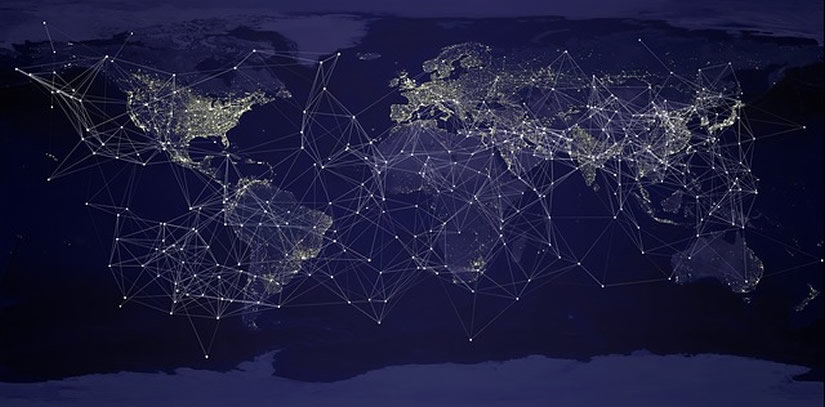By Orbex
China’s economy is facing a problem as the rest of the world’s economies look towards opening up.
Until now, much of retail in Europe and America was either closed, restricted or subject to closure from anti-covid measures. This logically put pressure on Chinese manufacturers who had to struggle in addition to logistics issues.
With US consumers coming back to the market, and the backlog of containers in the US being processed, it might seem that large Chinese companies would be looking at smoother sailing.
But, the massive stimulus to keep the economy going during the pandemic has pushed up the price of raw materials. Even if companies are able to project increasing customers, they might be slow to buy materials to avoid having to tie up money in inventory.
Additionally, many US firms have moved online, reducing their need to hold inventory.
Free Reports:
 Get our Weekly Commitment of Traders Reports - See where the biggest traders (Hedge Funds and Commercial Hedgers) are positioned in the futures markets on a weekly basis.
Get our Weekly Commitment of Traders Reports - See where the biggest traders (Hedge Funds and Commercial Hedgers) are positioned in the futures markets on a weekly basis.
 Sign Up for Our Stock Market Newsletter – Get updated on News, Charts & Rankings of Public Companies when you join our Stocks Newsletter
Sign Up for Our Stock Market Newsletter – Get updated on News, Charts & Rankings of Public Companies when you join our Stocks Newsletter
It’s all a little complicated
Inventory and raw material costs aren’t the only factors at play. However, they are an often forgotten subject that might explain why a booming economy might not translate into as much optimism for large manufacturers.
This could have flow-through effects on Japanese and Chinese suppliers to China. The Aussie dollar might be among the most affected if PMI data out of China disappoints.
Many investors have priced in the expectation of increased demand as major economies reopen. However, Chinese PMI data has been on the decline for several months, despite improving covid case numbers.
It might mean that commodity prices and the currencies that rely on them are overpriced. On the other hand, they might get a bit of a boost if Chinese manufacturers break the trend and finally start showing some confidence.
What we are looking for
Bracketing the weekend, we have the official PMI figures from the NBS on Friday. This contrasts with the private Caixin survey published on Monday.
The NBS tracks larger firms with more heavy investment (and support) from the government. And it has been trending broadly flat through the pandemic. It’s the Caixin survey with smaller, more export-facing companies that has been declining.
This suggests that Chinese firms are seeing less demand from other major economies.
Expectations are for China’s April NBS Manufacturing PMI to come in at 51.7, a virtually insignificant drop from 51.9 recorded. Although comfortably in growth territory, a drop would suggest a return to the downtrend since November.
In other words, the recent positivity out of the vaccine rollout hasn’t translated into a significant increase in orders from manufacturers.
The Caixin survey has a slightly different projection. Projections indicate that the April Caixin PMI will come in at 50.8 compared to 50.6 in the prior reading. Two decimals are pretty insignificant.
But, again, it could mean that the trend for the last several months is broken.
By Orbex

- The US natural gas prices fell to a 2-month low. A drop in the technology sector on Wednesday had a negative impact on the broad market Apr 18, 2024
- Target Thursdays: Cocoa, Bitcoin and USDCHF hit targets! Apr 18, 2024
- British Pound shows signs of recovery amid favourable inflation data Apr 18, 2024
- Indices decline amid hawkish comments from the Fed. Investors are waiting for Israel’s answer Apr 17, 2024
- EURGBP: Slams into support on hot UK inflation Apr 17, 2024
- Brent crude prices dip amid concerns over global demand Apr 17, 2024
- Stock indices sell-off amid rising geopolitical tensions in the Middle East. China’s GDP grew the most in a year Apr 16, 2024
- New FXTM commodity hits all-time high! Apr 16, 2024
- NZD hits five-month low against strong US dollar Apr 16, 2024
- Escalating conflict in the Middle East is forcing investors to shift funds to safe assets Apr 15, 2024
